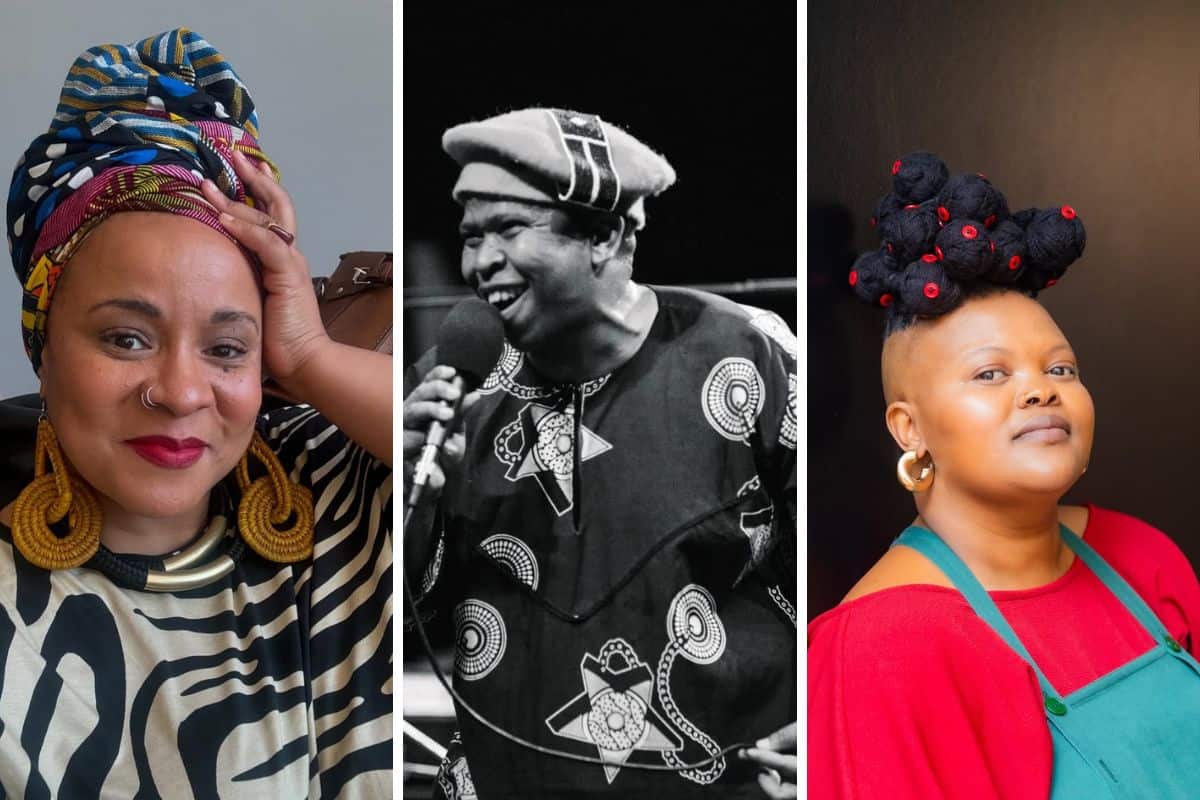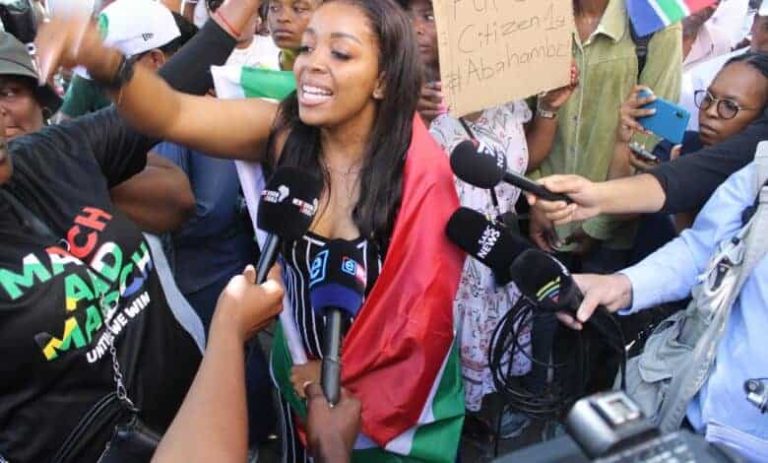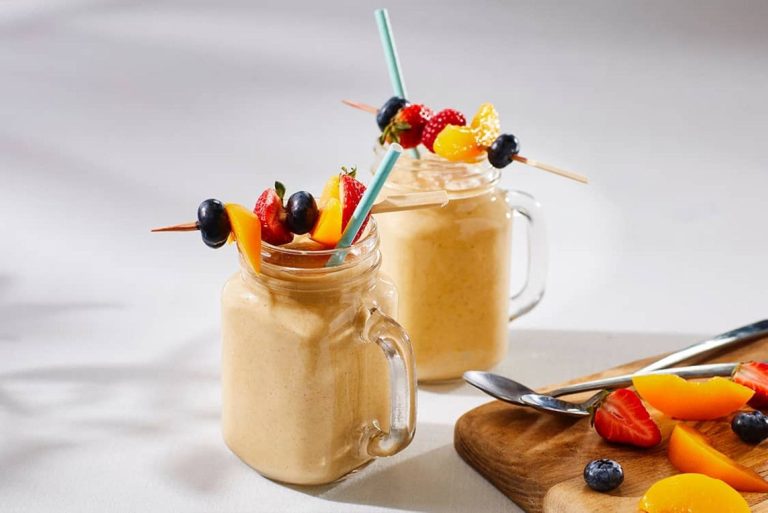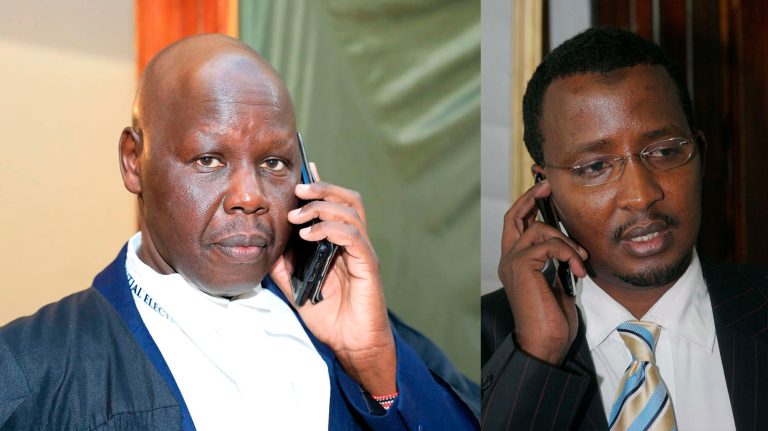
There’s a stereotype that suggests some music artists are ignorant of some of the world’s most pressing issues; that musos only prioritise ‘vibes’ and the perks that stem from their impartiality.
There’s some truth to this, driven by seasoned global artists like Pharrell Williams, who recently said he hates politics and doesn’t believe in either political side because choosing one supports division.
However, many artists sing from the same hymn book as the likes of Miriam Makeba and Nina Simone, who believe it’s important to speak or sing out against injustice.
“My work has always dealt with themes of social justice, whether it’s gender or identity, movement and travel, how those shape identity, migration, race, class,” celebrated poet and activist Lebo Mashile tells The Citizen.
Mashile is part of the Uprising Festival line-up, which will close out the We The 99 Summit at Constitution Hill.
The Summit, happening simultaneously with the G20 Summit, is a People’s Summit for Global Economic Justice.
“We The 99 was initiated by a broad coalition of civil society partners in South Africa and internationally who were united in a simple but urgent conviction: the world cannot be left to the 1% who profit while the rest struggle to survive,” communications coordinator for We The 99 People’s Summit, C Anzio Jacobs tells The Citizen earlier this week.
The three-day summit began on Thursday, 20 November, and will wrap up on Saturday.
ALSO READ: Countering the G20: We The 99 movement provides an alternative space
Artist activism
The festival brings together musicians, poets, DJs and cultural workers whose art speaks directly to struggle and freedom.
Other artists on the line-up include singer-songwriter Buhlebendalo Mda, DJ Kenzhero, Iphupho L’ka Biko, and The Brother Moves On, among others.
Jacobs says the festival is a reminder that resistance isn’t only anger.
“It’s joy, it’s community, it’s rhythm, it’s refusal. Celebration is part of the strategy because a movement without culture is a movement without breath,” he said.
Former The Soil singer Buhlebendalo says she aims to always use her music and messaging as a form of activism.
“A lot of the things I focus on when I write are around accountability. This is our country, which belongs to all of us; therefore, we all have a responsibility to make it a better place for our children,” she said.
“For me, dealing with social justice issues as a part of my creative practice is elemental. It’s like living or breathing, you know,” expressed Mashile.
The Brother Moves On’s Siyabonga Mthembu says that We the 99 Peoples Summit and G20 Summit shouldn’t be placed in binaries, as this is dangerous and minimises the real issues that need to be addressed.
“I think the important call is for the process to be inclusive of voices often peripheralised by the global economic order,” he said.
Mthembu says The Brother Moves On has strong ties to the activist movement, stemming from their connection to a Melville café called Love and Revolution, where the band hung out in their early days.
“Justice doesn’t come from songs, but inclusion, and that’s the fight from We the 99 Peoples Summit. To push for an inclusive idea of an economic order that isn’t the closed doors of the G20.”
Buhlebendalo says not many people, especially the youth, understand the difference between the two and the importance of We The 99.
“This platform plays as a protest and awareness to the ordinary citizens.”
ALSO READ: Why Carlos Amato says SA is too wild not to draw
A sense of community
There’s a sense of community and Ubuntu in We The 99, with solidarity tickets: every paid ticket helps cover entry for someone who wouldn’t otherwise be able to attend.
“It turns a simple purchase into an act of collective care. It’s a small but powerful glimpse of what a fairer economy could look like in practice, where those with more open the door wider for those who have been pushed out for far too long,” averred Jacobs.
This morning, as global delegates attended the second day of the summit, The Brother Moves On was part of the Choir Social, which uses the metaphor of the song as an idea of inclusion.
“We all can sing, so we are all part of the social choir,” Mthembu says.
NOW READ: South African Guild of Actors finds solidarity at the International Federation of Actors’ Unions



